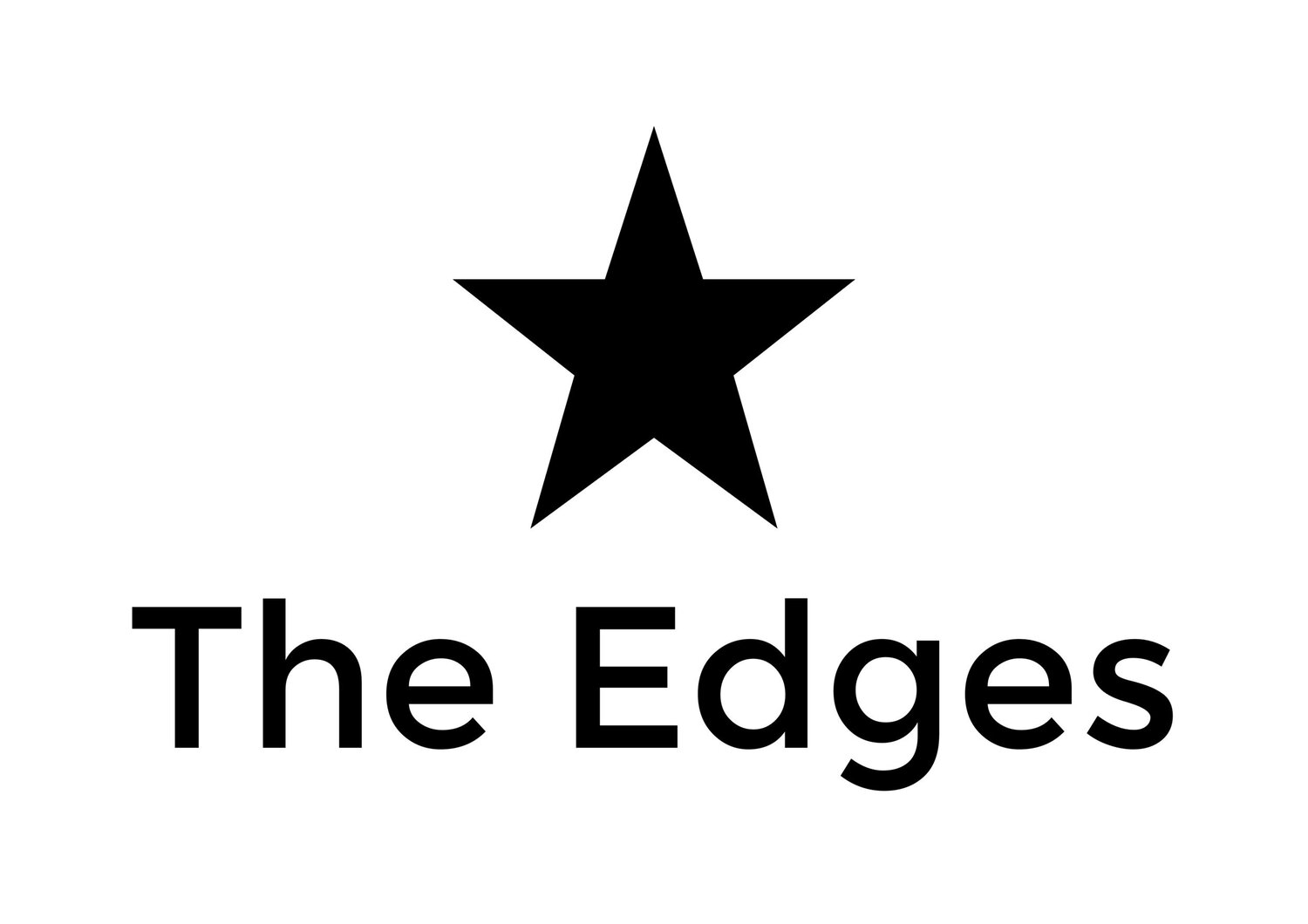On Authenticity
Phrases such as self-fulfilment, self-actualisation and, perhaps most easily loathed of all, self-help, have all served as lightning rods for critics of the modern world. They appear to capture all that is navel-gazing and narcissistic about society today, and serve to indict us for our shallow, self-obsessed individualism. But Charles Taylor, philosopher and candidate in three Canadian federal elections, is different. In works such as Sources of the Self: The Making of Modern Identity (1989), The Ethics of Authenticity (1992) and A Secular Age (2007), this former student of Isaiah Berlin and renowned interpreter of Hegel, refuses to indulge in cultural pessimism.
Yes, as he himself writes, there is much that is shallow and narrow about forms of modern selfhood. Relationships are revocable, ties don’t bind, deracination does rule. But he sees these forms of individualism as deviant and debased forms of the ‘ideal of authenticity’ – the conviction, that is, that an individual, above all, ought to be true to one’s self. As the spiked review discovered, Taylor seeks to rescue this ideal, a crowning achievement of modernity, from its moralistic knockers just as much as its narcissistic debasers. Taylor also talked about identity and the need ‘to see what is great in the culture of modernity, as well as what is shallow or dangerous’:
spiked review: You have written that in the pre-modern era people didn’t speak of ‘identity’ and ‘recognition’ because these were unproblematic and didn’t need to be thematised as such. What changed with the advent of modernity? Why did ‘identity’ and ‘recognition’ become problematic?
Charles Taylor: The change in the meaning of the word ‘identity’ – people now talk of ‘my identity’, ‘your identity’, of ‘respecting identity’ and so on – is very interesting. I think it’s something to do with what I define as the ethic of authenticity, which is widely taken up during the Romantic period. It’s the idea that everyone has their own way of being human. The ethical part is that you’re meant to live up to that way of being human, of being yourself, and not be taken over by conformism, or some other alien way of living given to you by your parents or your society.
But if you look at the period in which the ethic of authenticity originates, it emerges hand in hand with the idea, articulated by Johann Gottfried Herder at the turn of the 19th century, that we’re all different, we all have different capacities, different potentialities, and we have to work them out and find some expression for them. We have this sense that this is what we’re about, this is what we should do, and we try to find a way to define it. And that’s why recognition plays such an important role, because we never work these things out by ourselves. We always work them out in dialogue, exchange and struggle, first of all with our parents, then with wider society. So there can be a situation in which your primary intuitions get blocked, your parents don’t understand you, or the people around you don’t understand what you’re talking about. They think you’re ridiculous, dangerous. And that can really block the development of your self.
“Our identity is inseparable from what we think is really important, what is right and good – identities always incorporate a sense of a better way of living, or a good way of living”
Now contrast this situation with, for example – and these are ideal types – a pre-modern hierarchical society in which we all have different paths, but the paths, the scripts, are written by society. A man is a knight, or a king, or a page, and a woman is a lady, or a peasant’s wife. The script is already written by your social situation. So the only question is whether you succeed in that role, whether you fulfil that script. If you’re a knight, and you’re a terrible coward, or you can’t bear the sight of blood, you’re not going to succeed. And there the recognition of others plays another kind of role, of classing you as a success or failure.
But in the modern period, which eventually produces the ethic of authenticity, not only are we getting rid of these scripted, caste distinctions, what I’m supposed to be, and my difference from you, has to be worked out. That’s why the word identity becomes so important, as it articulates a sense of what’s really important in my life, a standard which I’m trying to live up to. Although that goal/standard certainly contains universal features, it is something specific to me. Which is why there’s such a tremendous emphasis on recognition, on having that sense of self recognised.
Non-recognition can even be seen as a way of blocking my self-development. That is, my difference is not being recognised. Think of the gay movement, for example. It’s very interesting how it mutates in the middle of the 20th century. In the 1920s, you get someone like André Gide, who comes out of the closet because he thinks it’s awful that people have to suffer and hide their preferences. When you get to Stonewall in the latter half of the 20th century, there’s another way of framing it – here’s an identity, which is as good as any other, and it’s being treated differently. It’s that framing of discrimination in terms of identity that gives especial energy to the gay-liberation movement. And it also gives tremendous energy to the push for gay marriage later on. So discrimination framed in terms of identity and sense of self provided the gay movement with the energy to win a series of victories in a relatively short space of time






